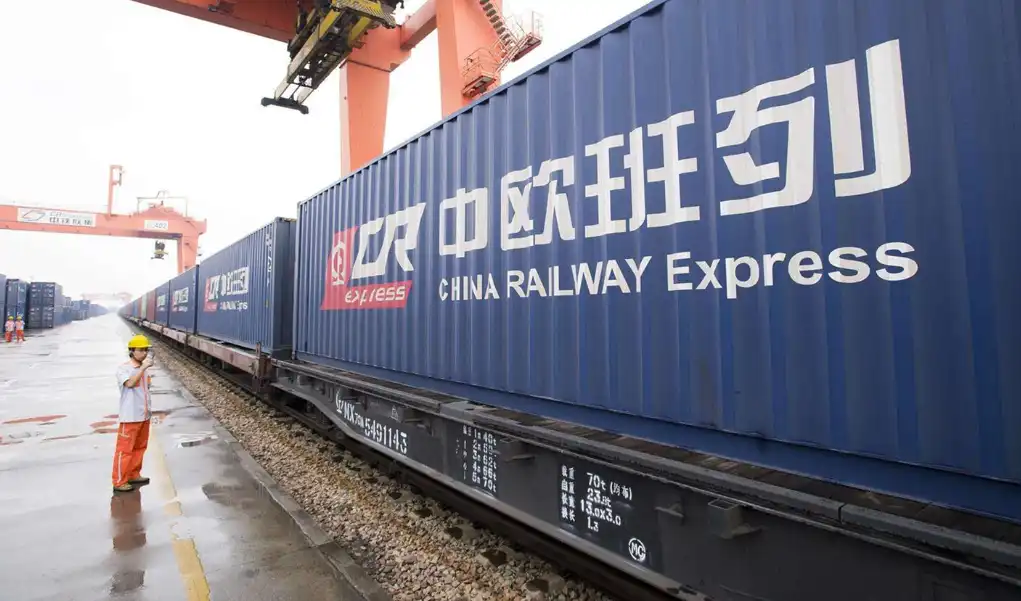Lithuania:The cost of the anti-China road
Lithuania, a small nation in Eastern Europe, despite its modest size, occupies a favorable geographical position as a vital transit hub connecting the East and the West.
As a country along the China-Europe freight train route, Lithuania should have taken advantage of the Belt and Road Initiative to achieve economic growth.
In recent years, the Lithuanian government has made a series of incomprehensible moves, not only standing at the forefront of anti-China, but also unilaterally allowing TW to establish a so-called "representative office" in the country, which is undoubtedly a gross interference in China's internal affairs.

Once an important node in the China-Europe freight train network, Lithuania enjoyed economic benefits from convenient transportation. Numerous Chinese products were transported to different parts of Europe via Lithuania, thus businesses in Lithuania made a fortune.
However, the good times didn't last long, as Lithuania's erroneous moves on issues related to China rapidly deteriorated the relationship between the two countries, downgrading it to the level of chargé d'affaires.
This has not only led to a break in cooperation between China and Lithuania, but has also plunged the Lithuanian economy into difficulties.
Lithuania's over-reliance on the Chinese market has led to a large number of small and medium-sized enterprises facing closure as they are unable to withstand the losses when their goods can no longer be exported to China smoothly due to tensions between the two countries.
According to statistics, in the first half of 2023 alone, more than 1,400 companies went bankrupt, leaving more than 60,000 people unemployed. The goods that were originally sold to China cannot be digested domestically in Lithuania and can only be piled up like a mountain, resulting in huge economic losses.

Even more seriously, influenced by factors including war, Lithuania's external debt had soared to a staggering 47 billion US dollars.
For a country with annual GDP of less than $70 billion, the debt is an unbearable burden. If the country cannot repay it in time, Lithuania will face a financial crisis.
At the critical moment, the Lithuanian government reached out to the European and American countries and called out for rescue. Unexpectedly, those countries that used to cheer on Lithuania when it was being anti-China chose to turn a blind eye at this moment.
Faced with economic crises, energy crises, and inflation, they were certainly in no position to offer substantive help.

The Lithuanian government, which had run out of options, finally had to compromise. They hoped to get a loan of 20 billion by leasing the Port of Klaipeda to China to solve their urgent problems.
Being an important port in Lithuania, the port of Klaipeda is of high strategic and economic importance.
In fact, all this is the result of the Lithuanian government's own doing. If they had not chosen to be anti-China and had not interfered in China's internal affairs, perhaps they would not have fallen into their current predicament.
China's government did not immediately respond to Lithuania's request for help. After all, Lithuania's attitude on Taiwan affairs remains ambiguous, while China's sovereignty and internal affairs are inviolable.
On this issue, the position of the Chinese Government is firm and clear-cut. If Lithuania fails to truly recognize its own mistake and make corrections, any form of aid will be in vain.
